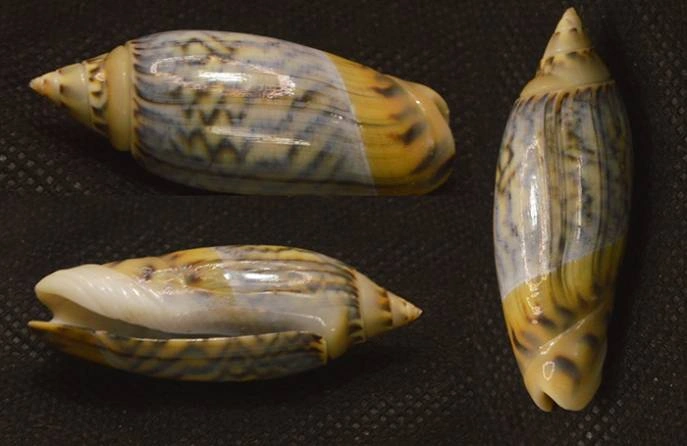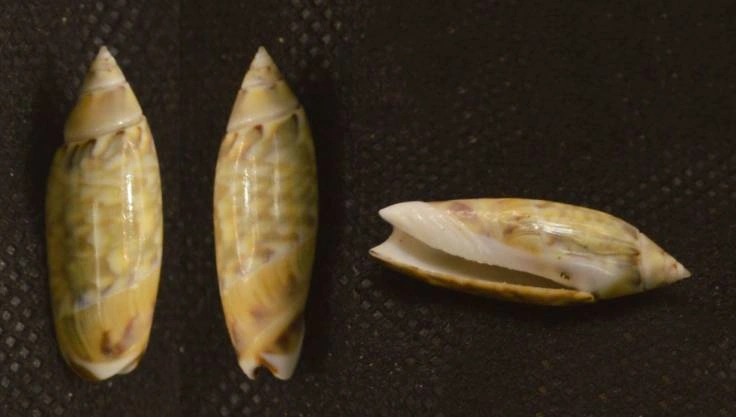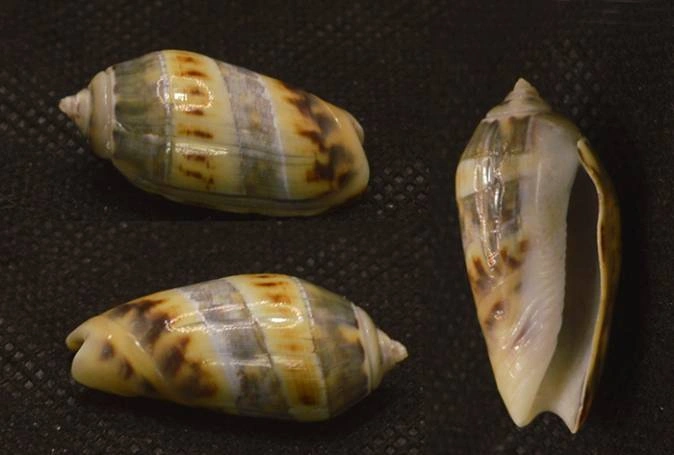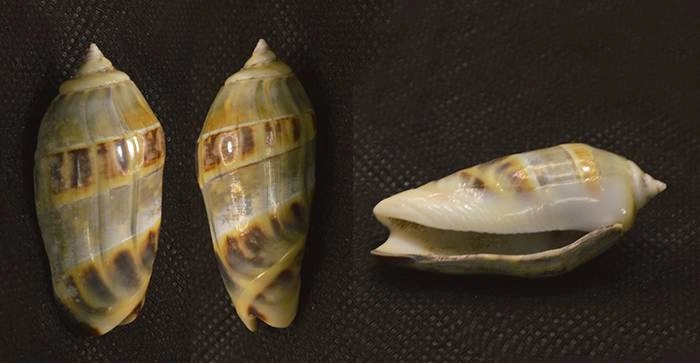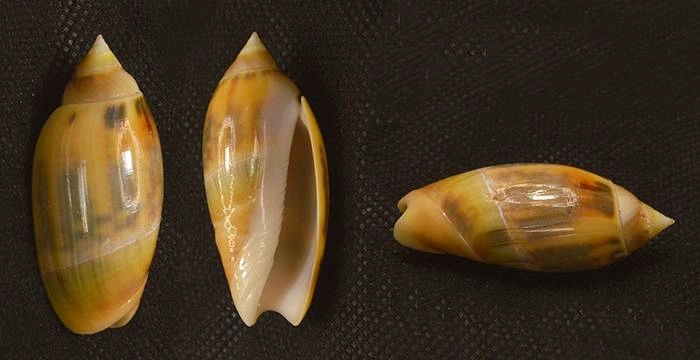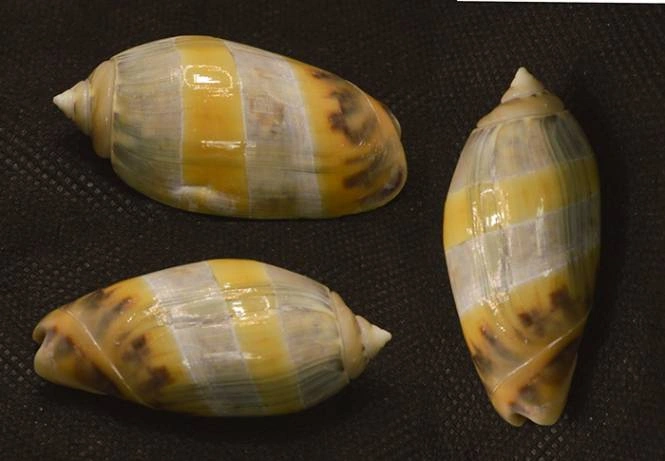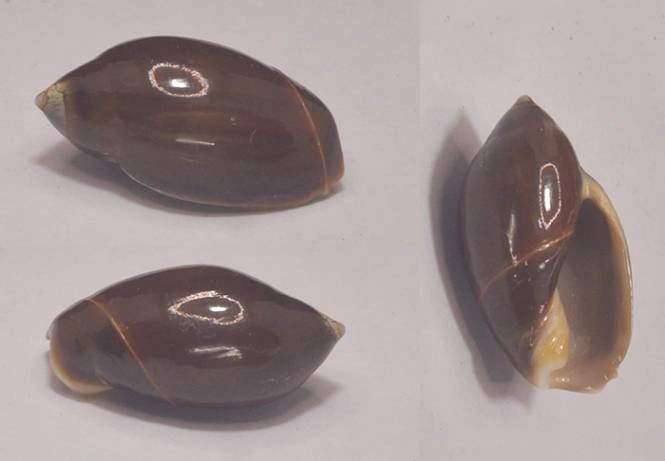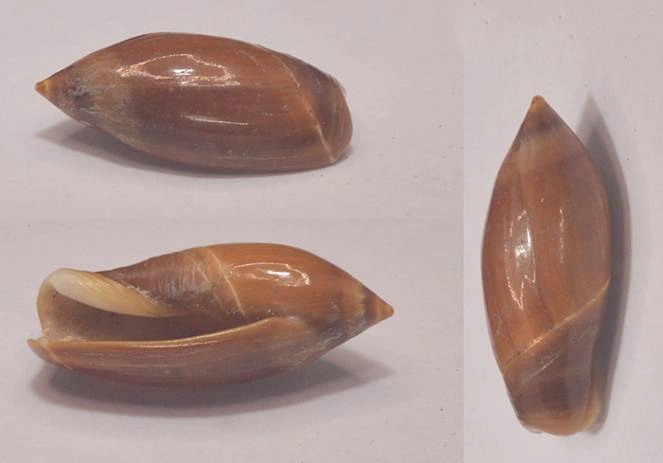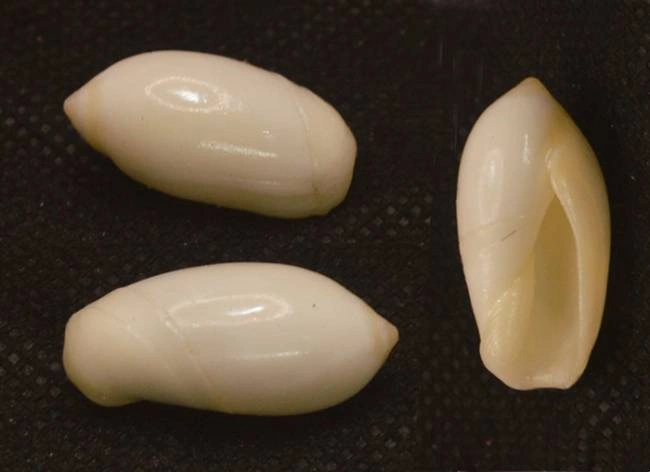Buying Guide for Sea Shells from India
Buying Guide for Sea Shells from India
Sea shells hold a timeless allure, captivating collectors and enthusiasts alike with their natural beauty and diversity. As one of the world’s largest exporters of sea shells, India offers a treasure trove of options for those seeking to add these exquisite wonders of the ocean to their collection. In this comprehensive buying guide, we’ll explore everything you need to know about purchasing sea shells from India, from the types available to factors influencing your buying decisions.
Introduction
1. Importance of Sea Shells
Sea shells have fascinated humanity for centuries, serving not only as decorative items but also as symbols of the ocean’s vastness and beauty. They hold cultural significance in many societies, often used in rituals, ceremonies, and crafts.
2. Overview of Sea Shell Buying Guide
This buying guide aims to provide insights into the world of sea shell collecting, focusing specifically on shells sourced from the coastal regions of India. Whether you’re a seasoned collector or a novice enthusiast, this guide will help you make informed decisions when purchasing sea shells.
Types of Sea Shells
India boasts a rich variety of sea shells, each with its unique characteristics and appeal.
1. Cowrie Shells
Cowrie shells are prized for their smooth, glossy surfaces and distinctive shape. Historically used as currency and ornaments, these shells are popular among collectors for their cultural significance and aesthetic appeal.
2. Conch Shells
Conch shells are known for their large size and spiral structure. Often used in religious ceremonies and as musical instruments, these shells are revered for their deep symbolism and spiritual significance.
3. Spiral Shells
Spiral shells come in various shapes and sizes, characterized by their spiral patterns and intricate designs. They are prized for their beauty and are often used in jewelry making and decorative crafts.
4. Scallop Shells
Scallop shells are recognizable by their fan-shaped appearance and ribbed texture. These shells are prized for their delicate beauty and are commonly used in crafts and home decor.
Factors to Consider Before Buying Sea Shells
Before making a purchase, it’s essential to consider several factors to ensure you get the best value for your money.
1. Size
The size of a sea shell can significantly impact its visual appeal and suitability for different purposes. Consider the dimensions you require for your intended use, whether it be display, crafting, or jewelry making.
2. Shape
The shape of a sea shell can vary widely, from symmetrical to irregular forms. Choose shells with shapes that align with your aesthetic preferences and intended applications.
3. Quality
Inspect the shell for any imperfections, such as cracks, chips, or discolorations, which may affect its overall quality and durability.
4. Rarity
Some sea shells are rarer and more difficult to find, making them highly sought after by collectors. Consider the rarity of the shell when assessing its value and desirability.
5. Origin
Understanding the origin of the sea shell can provide valuable insights into its authenticity and quality. India’s coastal regions are renowned for producing high-quality shells, known for their beauty and variety.
Where to Buy Sea Shells
There are several avenues for purchasing sea shells, each with its advantages and considerations.
1. Local Markets
Local markets near coastal regions in India offer a wide selection of sea shells, providing an opportunity to handpick specimens and interact with local vendors.
2. Online Platforms
Online platforms provide convenience and accessibility, allowing buyers to browse through a vast array of sea shells from the comfort of their homes. However, exercise caution when purchasing online to ensure authenticity and quality.
3. Specialty Stores
Specialty stores catering to collectors and enthusiasts often offer curated selections of high-quality sea shells, along with expert advice and guidance.
4. Authenticity and Legal Concerns
Ensuring the authenticity of sea shells is crucial, particularly given the prevalence of counterfeit and illegally sourced specimens in the market.
5. Identifying Genuine Sea Shells
Educate yourself on the characteristics of authentic sea shells, such as texture, color, and markings, to distinguish them from imitations.
6. Legal Regulations on Sea Shell Trade
Be aware of the legal regulations governing the trade of sea shells, both domestically and internationally, to avoid purchasing specimens obtained through illegal or unethical means.
Pricing of Sea Shells
The price of sea shells can vary widely depending on various factors, including rarity, size, and quality.
1. Factors Affecting the Price
Consider the factors influencing the price of sea shells, such as rarity, demand, and market trends, to make informed purchasing decisions.
2. Pricing Ranges for Different Types
Different types of sea shells may command different price ranges, with rare or exotic specimens often fetching higher prices than more common varieties.
Preservation and Care Tips
Proper preservation and care are essential to maintain the beauty and integrity of sea shells over time.
1. Cleaning Methods
Use gentle cleaning methods to remove dirt and debris from sea shells without causing damage to their delicate surfaces.
2. Displaying Sea Shells
Display sea shells in a way that protects them from dust, moisture, and direct sunlight, preserving their natural beauty for years to come.
3. Avoiding Damage
Handle sea shells with care to avoid chipping or breakage, and store them in a secure location away from potential hazards.
Ethical Considerations
When purchasing sea shells, it’s essential to consider the ethical implications of your choices and their impact on marine ecosystems.
1. Sustainability
Support sustainable practices in the sea shell trade by choosing ethically sourced specimens and advocating for conservation efforts.
2. Impact on Marine Life
Be mindful of the environmental impact of sea shell collection and trade on marine ecosystems, and strive to minimize harm through responsible purchasing practices.
Agaronia acuminata Natural Sea Shell { 45.62 mm }
Agaronia gibbosa Natural Sea Shell { 27.02 mm }
Agaronia gibbosa Natural Sea Shell { 30.91 mm }
Agaronia gibbosa Natural Sea Shell { 44.26 mm }
Agaronia gibbosa Natural Sea Shell { 44.4 mm }
Agaronia gibbosa Natural Sea Shell { 47.16 mm }
Ancilla castanea Natural Sea Shell { 27.86 mm }
Ancilla cinnamomea Natura Sea Shell { 36.63 mm }
Ancilla cinnamomea natural Sea Shell { 23.51 mm }


